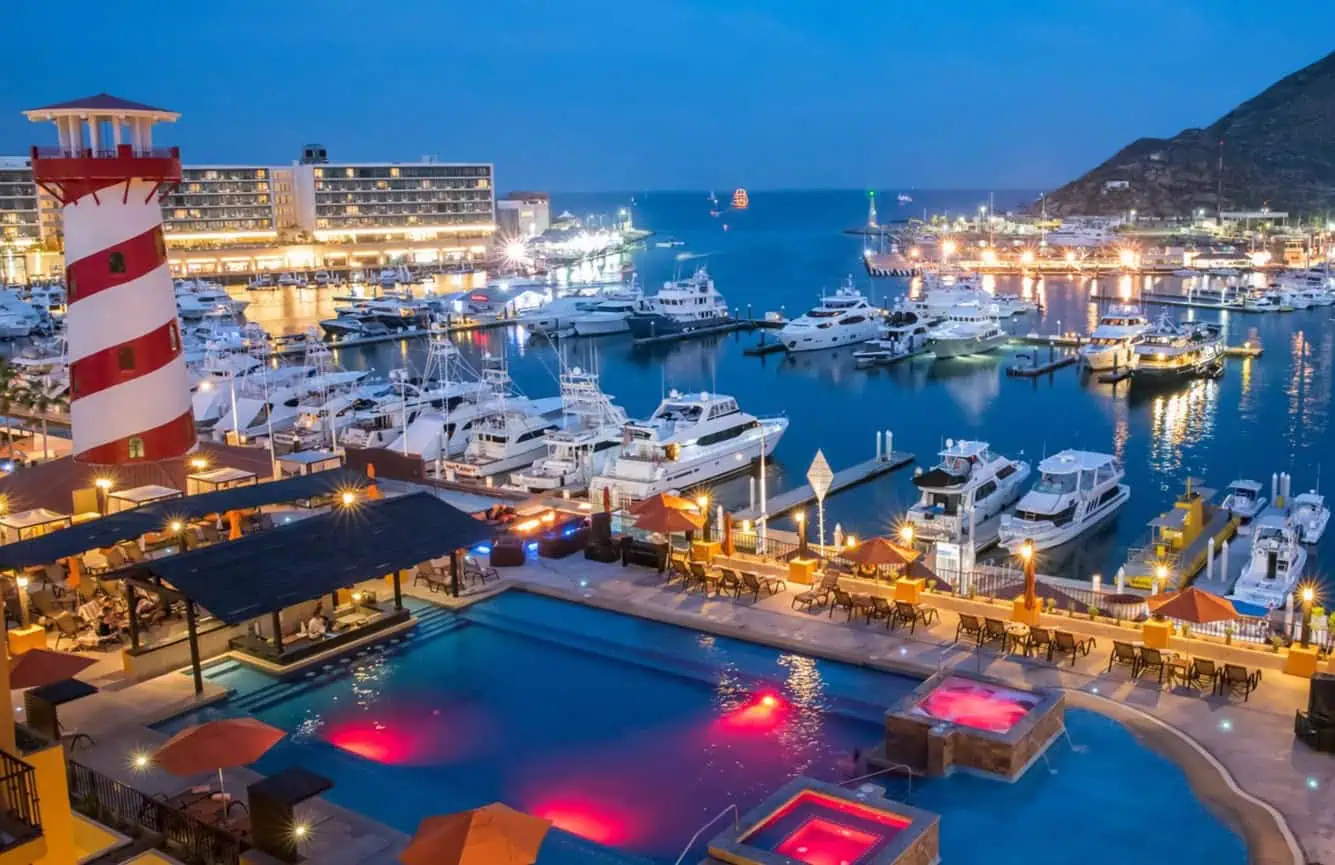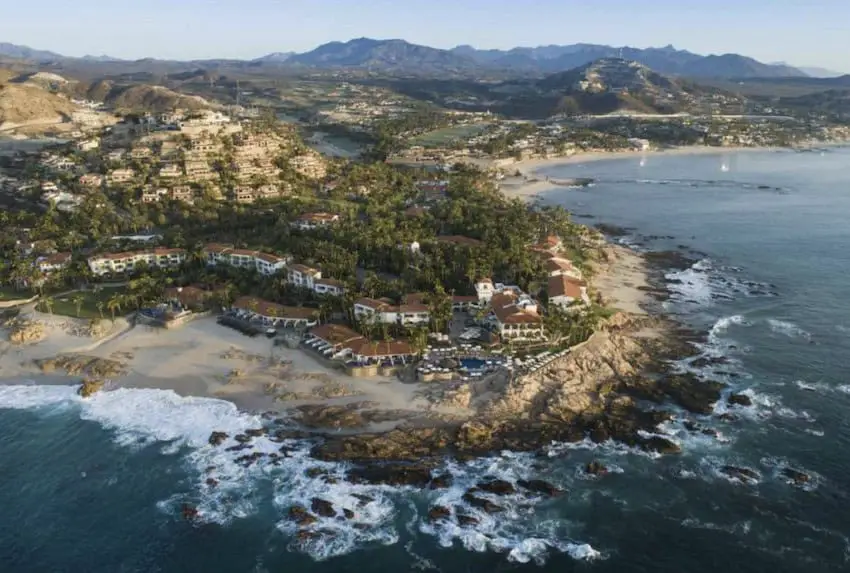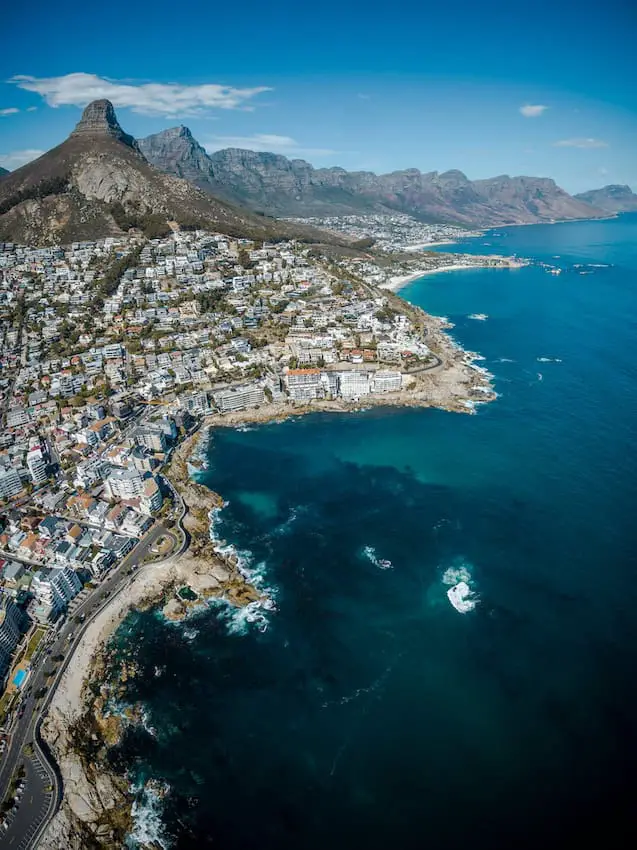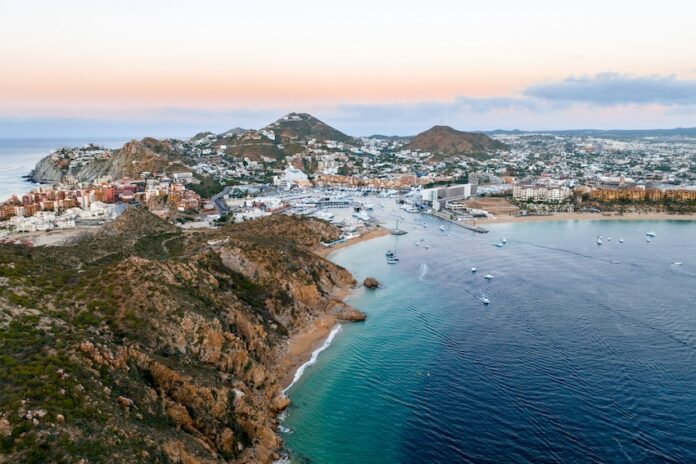I don’t need to google Airbnb to know which destinations have passed laws inspired, or at the very least have been affected, by the rental marketplace. My friends in Los Cabos have been sharing the information unsolicited. It’s understood among those who live here that Airbnb plays a big part in the ongoing housing problems in Los Cabos, resulting in too few homes or apartments being available and for significantly more money than these units commanded only two or three years ago.
So yes, I’m aware there are laws strictly regulating Airbnb rentals in many cities around the globe, including, notably, Barcelona and Mexico City. Barcelona is boldly banning all short-term rentals by the end of 2028 due to the housing crisis that has afflicted many popular vacation destinations. Mexico City has taken a more half-way approach (literally), as a new regulation stipulates landlords can rent out properties on sites like Airbnb for no more than half the days of the year.

Reporting on Barcelona’s upcoming rental ban, Euro News noted that for residents “the economic gains are not worth the negative impacts on their lives. With private landlords buying up apartments to rent them out to tourists, it is very difficult for locals to find places to live. Demand, of course, pushes up prices for the housing that is available.”
That’s precisely the crux of the issue. Naturally, the hope that underpins the sharing of these stories is that similar laws or regulations will be enacted here in Los Cabos.
Why tourists and digital nomads love Airbnb
Of course, Airbnb is a good resource for budget-minded travelers, one of the few remaining in Los Cabos. As cape cities Cabo San Lucas and San José del Cabo have increasingly embraced luxury travelers, average nightly room rates for area resorts have spiraled ever skyward, soaring past US $400 by 2022, and $500 by 2024.

Meanwhile, the average nightly rate for an Airbnb rental is about US $80 per night in Cabo San Lucas and $130 in San José del Cabo. Those aren’t the only rental marketplace options — VRBO and Booking.com, for example, also offer short-term rentals — and there are still a few good budget-friendly hotels in the area. However, there are fewer than there used to be.
So it’s understandable why tourists love having Airbnb as an accommodation alternative.
Why rental owners love Airbnb
The math for landlords with property to let has likewise become simple. If you’re renting out an apartment for 16,000 pesos a month and can rent it out on Airbnb for 1,600 pesos a night, you know you only have to occupy it for a minimum of 11 nights to make more from tourists than you could with locals. Or, conversely, you could use that knowledge to jack up the rate for locals, which is how modest one-bedroom apartments suddenly started going for 16,000 pesos per month, an unheard-of price only a couple of years ago.

Since the average Airbnb occupancy is 56% in Cabo San Lucas and 64% in San José del Cabo, the tourist model looks more profitable … assuming tourism numbers remain consistently strong month over month, which they rarely do.
Why most residents of Los Cabos hate Airbnb
However, it is worth noting that the owners of these properties represent a minuscule proportion of the local population. The latest statistics from Airbnb show just 1,600 rentals available in Cabo San Lucas, so even if these were all owned by separate individuals (they are not) this would amount to less than 1% of the population in a city of over 200,000.
No amount of profit justifies making so many suffer for the benefit of so few. Let us not forget that it’s not just beaches, golf courses, and year-round sunshine that draw four million or so tourists to Los Cabos each year. It’s the people who live here. That’s who gives the place its identity. That’s who provides the superb service at its resorts and the memorable food and drinks at its restaurants and bars, not to mention a hundred other things — from the artistic and the artisanal to the ordinary but essential services courtesy of cops, healthcare workers, and the like.

Digital nomads and tourists may visit these communities but they’re not who makes them what they are or who gives them a unique color and character. They’re just passing through.
Unfortunately, residents — the heart and soul of Los Cabos — are increasingly being priced out. The siphoning of available home and apartment rentals for tourists and transients has not only sapped inventory for locals it has also driven rents through the proverbial roof. I couldn’t find statistics on this subject for Los Cabos, but an article from The New York Times about the same problem in Mexico City noted a rise of over 20% in one 10-month period in 2020. In Los Cabos, I would estimate rents have more than doubled area-wide in the last two to three years.
That should not be a surprise given Los Cabos, a municipality of 350,000, has surpassed Mexico City, a city whose extended area comprises more than 20 million people, in terms of money generated from short-term rentals: $320 million to $290 million as of 2023.
Why isn’t the government of Los Cabos addressing this issue?
I would never suggest depriving tourists of the joys of a Los Cabos vacation. But their luxury should not be at the expense of locals who are homeless or forced to leave. Many cities, from Amsterdam and Barcelona to New York and Paris, are taking a stand on behalf of their residents. They’re not shutting out tourists; they are merely putting safeguards in place to ensure their cities are livable for everyone.
Los Cabos has not addressed this issue substantively. You might think local politicians would side with the people who vote, but that’s not the case. Outside of addressing rental owners’ tax compliance, the local government has taken no meaningful steps to protect its citizenry from rent gouging or displacement.
So that’s what’s threatening to ruin Los Cabos in my opinion. Not companies like Airbnb, VRBO, and Booking.com, which will adapt to meet local regulations, but only if those regulations exist in the first place.
Chris Sands is the Cabo San Lucas local expert for the USA Today travel website 10 Best, writer of Fodor’s Los Cabos travel guidebook and a contributor to numerous websites and publications, including Tasting Table, Marriott Bonvoy Traveler, Forbes Travel Guide, Porthole Cruise, Cabo Living and Mexico News Daily. His specialty is travel-related content and lifestyle features focused on food, wine and golf.
